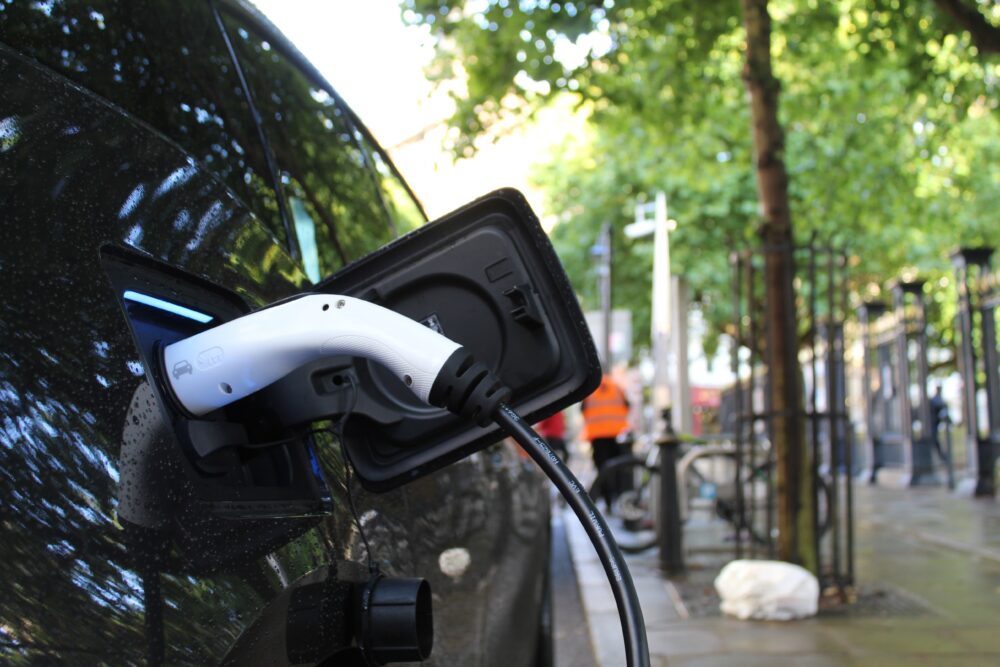In 2020, the government in the UK announced a ‘historic step toward net-zero’ in the form of a ban on the sale of petrol and diesel cars, set to come into effect in 2030. This has been welcomed by green campaigners – who, in many cases, have claimed that the promise doesn’t go far enough.
Other voices have been a little more sceptical. Is the UK ready to make the shift in less than a decade’s time? Will the new breed of electric vehicles be available and ready to replace the ailing internal combustion engine? Let’s take a look at the state of the industry, and where it might go in the years to come.
Every year, Faircharge publish the ‘Driving Away from Fossil Fuels’ research. The poll asks, among other things, whether drivers would be willing to swap a conventional vehicle for an electrified one of the same value. The most recent response to this question was that 100% of 2,000 respondents would opt for an electric car over a conventional one (47% of those preferring a BEV to a plug-in hybrid). This is a rise from just 2% in 2011, which demonstrates just how quickly public attitudes can shift.
🏆
The 2024 Creative Retail Awards are open for entries.
The Creative Retail Awards are much more than a mere accolade; they represent the pinnacle of achievement in the retail industry. Garnering a nomination or winning one of these awards is a testament to innovation, excellence, and leadership.
www.creativeretailawards.com
This is reflected by sales figures collated by the Society of Motoring Manufacturers and Traders, which indicate a sharp uptick in sales of new electric vehicles in recent years.
Main Concerns about Electric Cars
So, why should we be sceptical? The first and biggest concern stems from lithium-ion battery technology. These are environmentally costly to produce, requiring the extraction of lithium and other potentially hazardous materials. Then there are the minority of batteries which burst into flames. As battery technology becomes more affordable, and vehicles are manufactured at scale, these concerns will begin to dissipate – as might the cost of the vehicles themselves.
For much the same reason, problems with the limited range offered by a battery might be addressed, in time, by more widespread charging facilities (the Government aims to substantially increase the number of charging points before 2030 arrives) and by more capacious batteries. Battery technology has been steadily improving for decades, and thus we might find that we are eventually driving on much lighter, more powerful cells.
Advantages and Disadvantages
Since EVs are less complex, they’re also more reliable. So, despite the fact that there are fewer mechanics able to deal with electric vehicles, you can expect to pay less for electric car insurance.
Knowing when to make the switch is a matter of understanding your personal circumstances. If you live in a city with clean-air laws, then making the switch to electric will make financial sense. If you’re in the countryside where charging facilities are not yet widespread, then this might not be so easy. There are tax benefits for going electric, and you’ll also be exempt from congestion charge in London.
Finally, it’s worth dwelling on a few of the performance benefits. Acceleration in an electric car tends to be instantaneous, and the amount of noise generated tends to be extremely low.



















